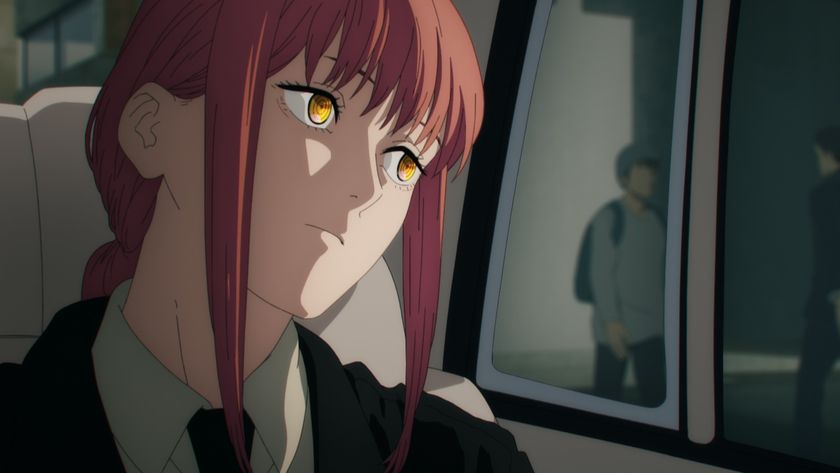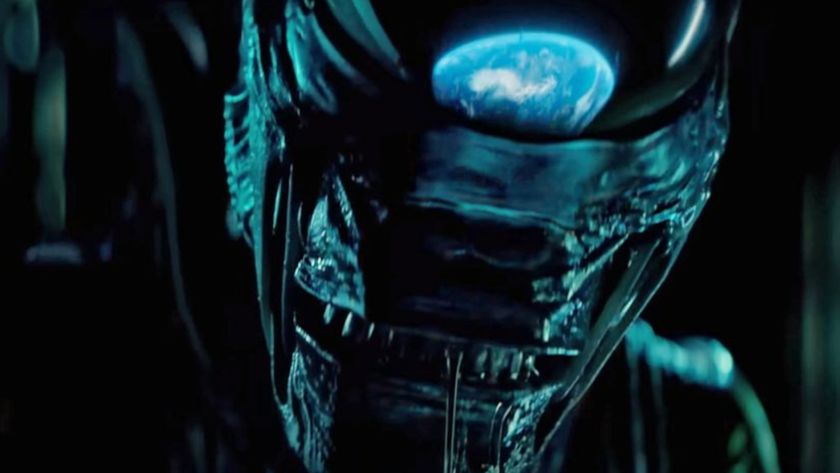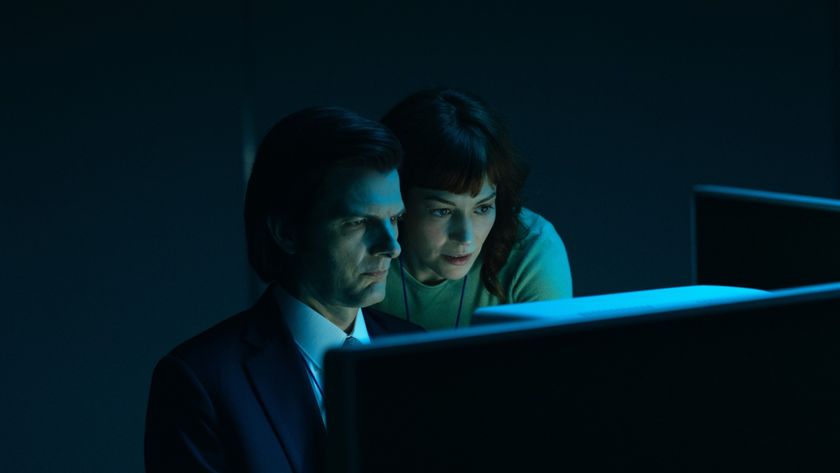Dead Space is a perfect remake
Motive's remake is faithful to a fault, but still bold enough to change things for the better
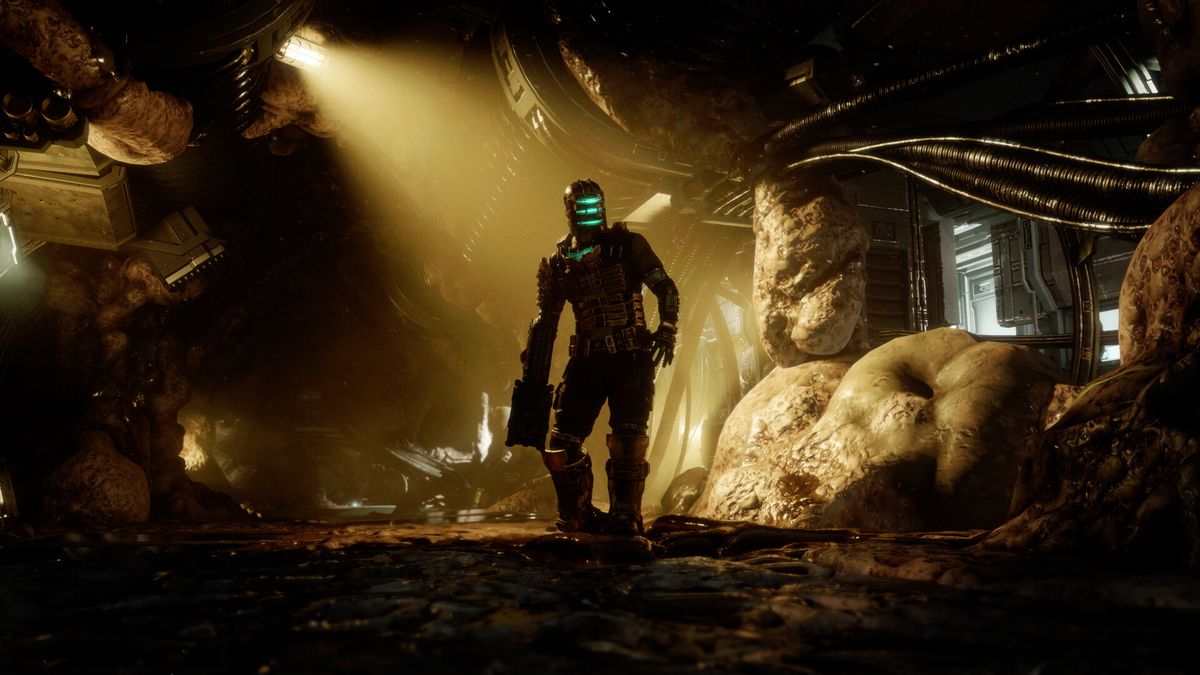
Here's something I try not to remember: Dead Space is old. Over 10 years old, if you can believe it; I know I couldn't when I looked the game up after the remake was announced. It's been a few years since my third, maybe fourth playthrough of Visceral's 2008 classic. I last booted it up to break in a new sound bar for my TV and – oops – ended up playing through the whole thing. I was instantly hooked all over again, but I can also remember being genuinely surprised by how dated it looked on my last run, my nostalgia-colored memories clashing with the now-officially-retro reality. Did it really look so flat? Were these characters really so hammy? It's been so long that I almost feel like I can't trust my memories of the original.
Make us whole
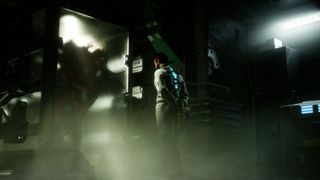
Luckily, I don't have to rely on memories anymore, because Motive's only gone and dropped a stonking great remake that proves, beyond a shadow of a doubt, that Dead Space was at least 15 years ahead of its time. Besides updating the graphics and sound, Motive barely needed to change a thing for this remake. I suspect many people would've been fine with a standard remaster; just gussy it up and ship it out, making it easier to play on modern platforms. But the changes that the remake had the confidence to make have turned a classic of its time into an unquestionably timeless classic.
I've always found video game remakes particularly fascinating compared to retreads and revivals in other mediums, and from this point forward I will point to Dead Space whenever people ask why. It's maybe the best example yet of how a second attempt, backed by modern technology and shepherded by passionate creators, can improve on something great without overshadowing the original. I don't think it's wrong to say that this remake is a better version of Dead Space, but I also don't know if that's the right way to say it. To me, it feels as though the world of Dead Space had more to give and Motive has tapped into that potential.
In a sense, there's plenty of proof that Dead Space had more in the tank. After all, it got a sequel that made some notable improvements and additions, and those have now been retroactively grafted onto the remake. Protagonist Isaac Clarke has a voice and acts with greater agency and personality. Zero-gravity sections are now free-form and much more enjoyable. Combat benefits immensely from the addition of telekinesis throws which can turn severed limbs and loose pipes into valuable weapons. None of this stuff felt new as I blasted through Dead Space in two sittings; it felt natural, like things have always been this way. Motive has essentially gone back in time and added this stuff to the original game, and it can feel like the studio did so with a time machine rather than modern technology.
New arrivals
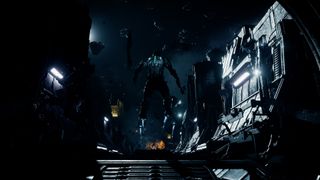
It's amazing how well these additions fit, but what's more impressive is the all-new content filling out this incarnation of Dead Space. For starters, the Ishimura absolutely sings as a seamless, interconnected environment. The remake has done an excellent job of logically connecting what were once disparate levels and filling those connections with exciting content, making the ship feel so much more familiar and lived-in by the end. This is immersive sim-grade stuff, and that's only reinforced by the Metroidvania-lite system of security doors that sees you revisit old areas seeking new loot. Part of me does miss the old power node resource caches, if only because they brought resource management into exploration in a cool way, but I think I see what Motive was going for.
The Intensity Director working under the hood like a little horror conductor is a crowning achievement here. I want this system enshrined alongside the likes of Shadow of War's Nemesis tree. Because systematically generated horror sounds unrealistic. Surely it will get old or predictable, I feared. Just as you need only look at the fingers when identifying art made by a machine, surely you'll spot the seams, the all too telling patterns, and see The Horror coming. But no. Motive took the emotional response that makes horror so compelling and modularized it. Dread and relief and danger are sprinkled in like toppings, bringing contrast to the margins of the Ishimura and – not unlike the Nemesis system, albeit on a smaller scale – injecting unique stories into each player's experience.
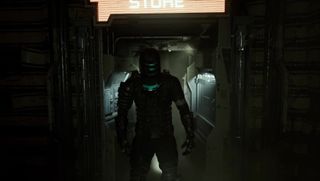
Check out our full Dead Space review for more details on what makes this game a sublime mix of the fresh, familiar, and freaking terrifying.
And the side quests! Oh, the side quests. Such an elegant way to guide players through the newly expanded story while simultaneously leveraging the beefed-up environment. And that story reads so much better this time around, doesn't it? The church of Unitology is a more unified theme, the ending is seeded more effectively – and given some spice through an alternate ending tied to new game plus – and characters have clearer emotional throughlines that resonate.
Sign up to the 12DOVE Newsletter
Weekly digests, tales from the communities you love, and more
I'm not a game developer, but through this job I have learned that video game development is often about getting as close as possible to an idea using the skills and resources available to you. It's not what you want to do, but what you can feasibly do. This is why a modern remake of an old game is such a promising opportunity. A remake is not just what a game would look like if it was made today, but rather what it would be. What corners, cut out of necessity, could be restored? What ideas, unrealistic at the time, could be expanded upon? So I don't want to say this is just another version of Dead Space the video game with better graphics and more stuff. It absolutely is, but to me – a mere fan who obviously can't speak for the creators – it's a game that better realizes the idea of Dead Space, narrowing the gap between what was envisioned and what could feasibly be shipped.

Austin has been a game journalist for 12 years, having freelanced for the likes of PC Gamer, Eurogamer, IGN, Sports Illustrated, and more while finishing his journalism degree. He's been with 12DOVE since 2019. They've yet to realize his position is a cover for his career-spanning Destiny column, and he's kept the ruse going with a lot of news and the occasional feature, all while playing as many roguelikes as possible.
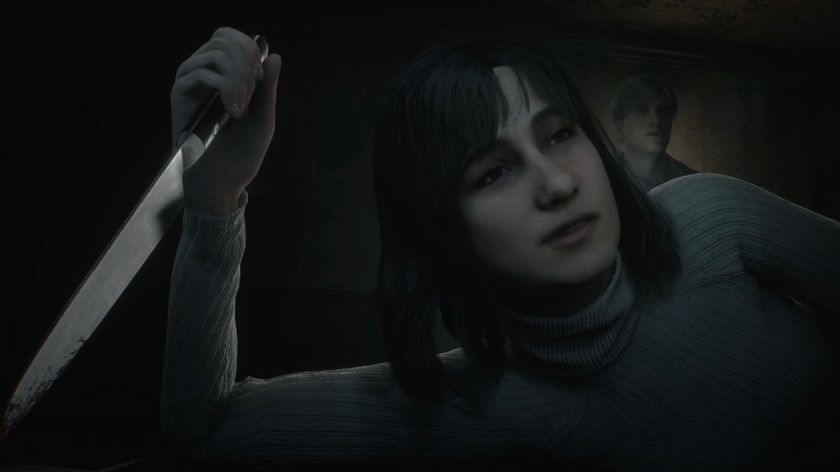
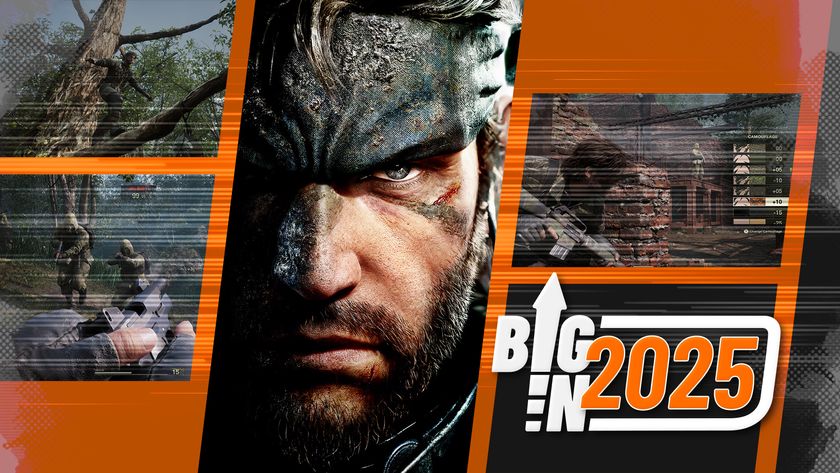
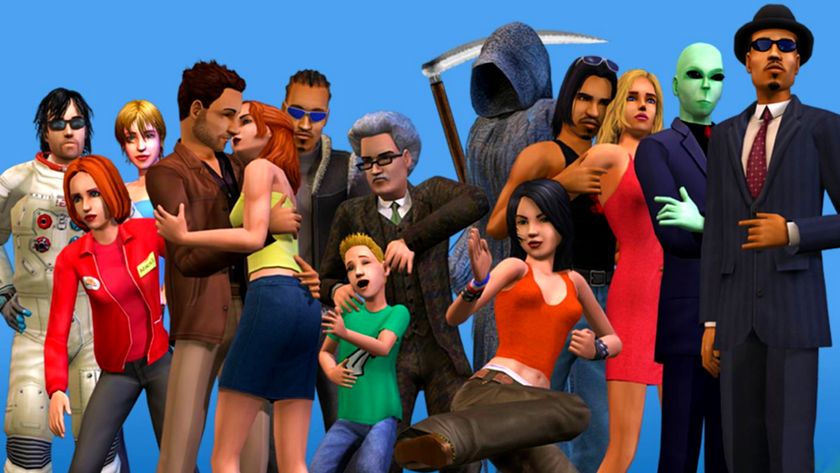
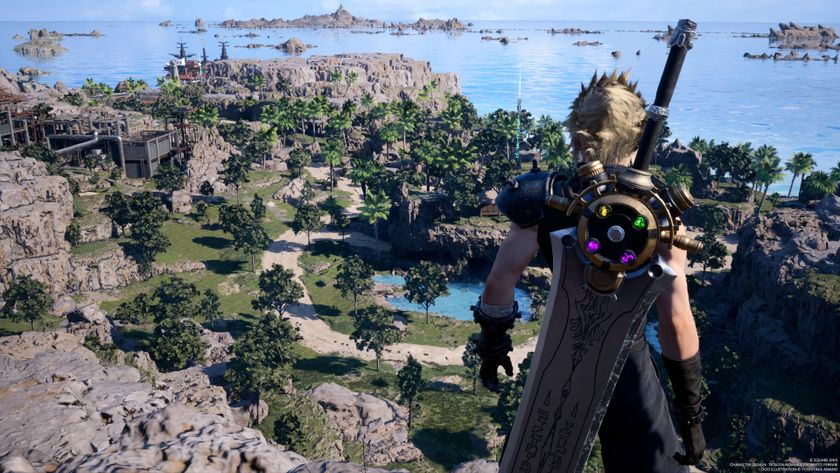
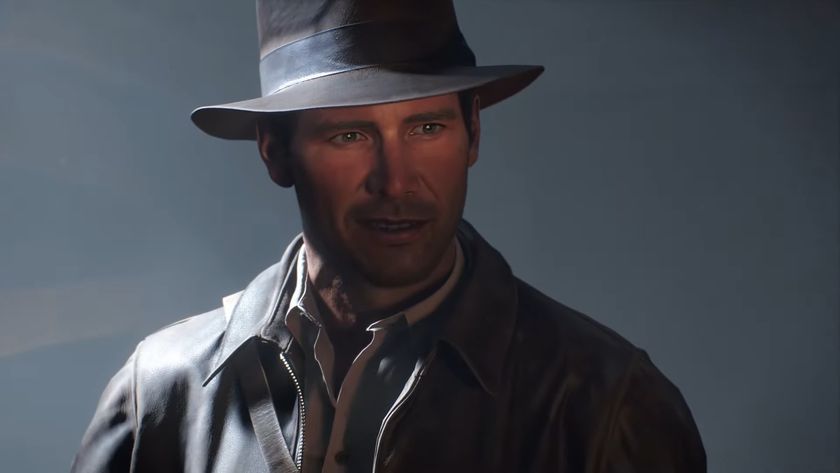
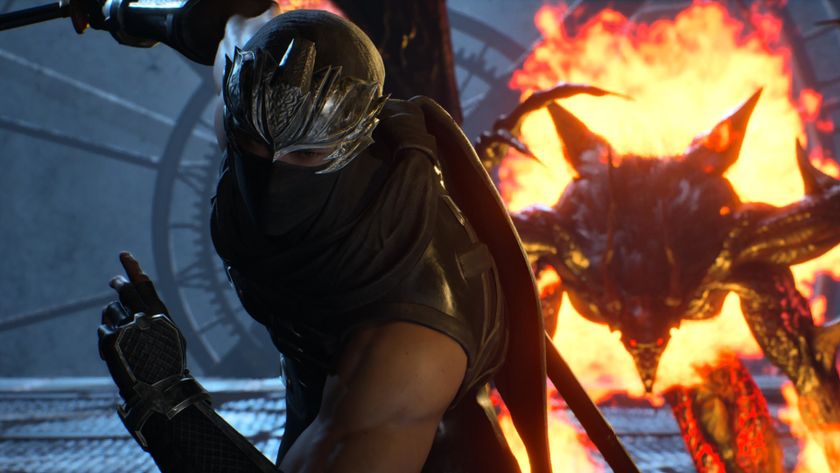
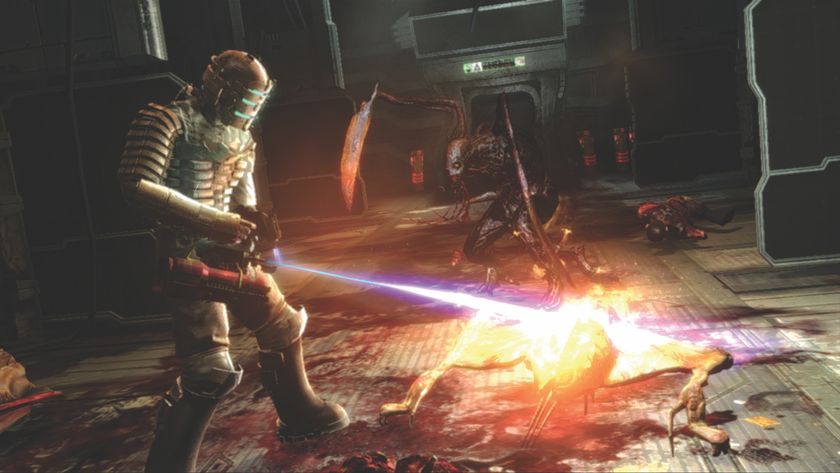
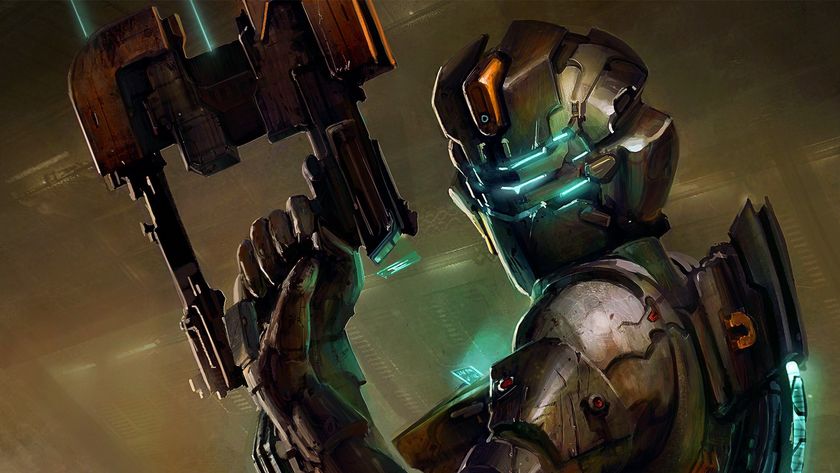
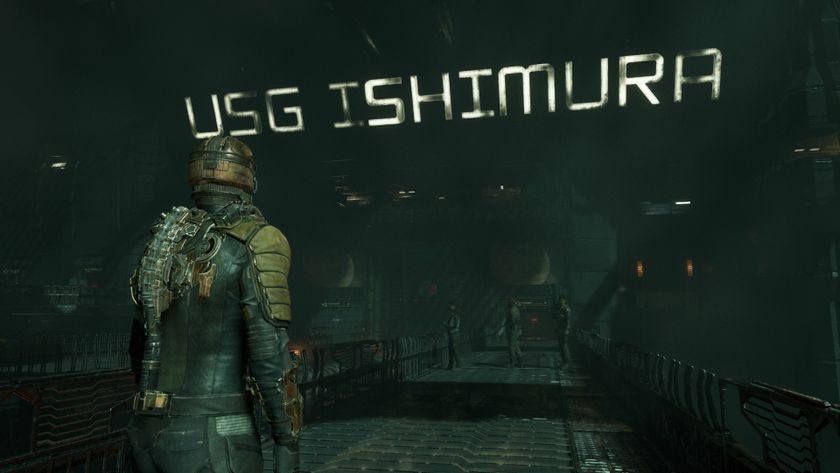
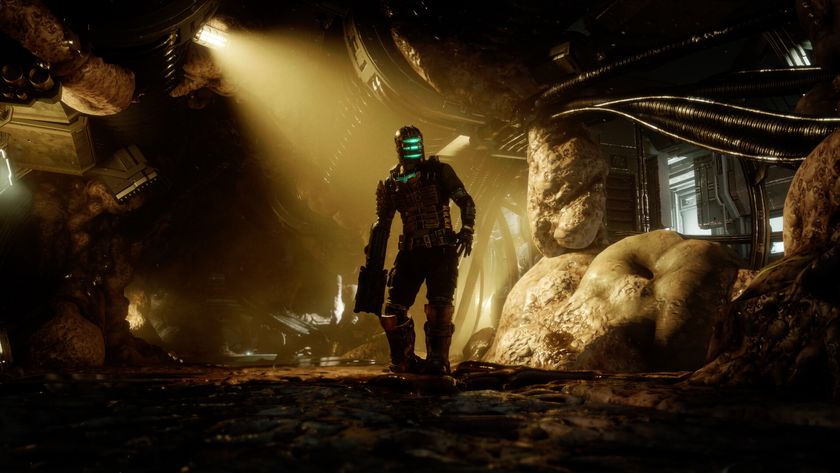
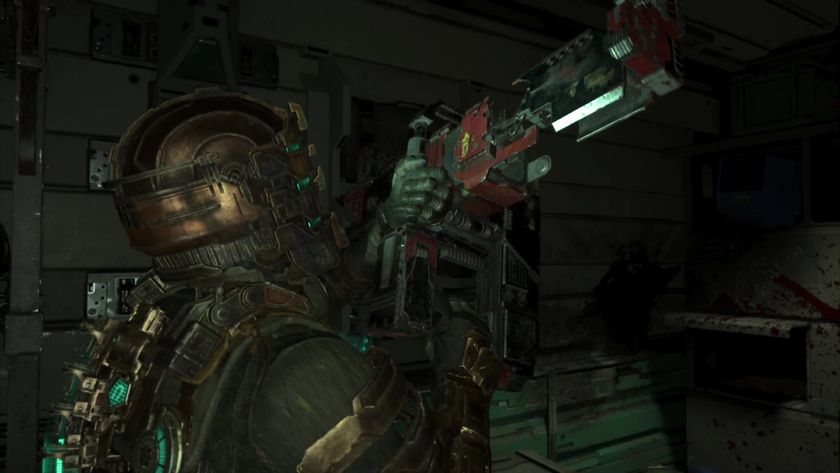

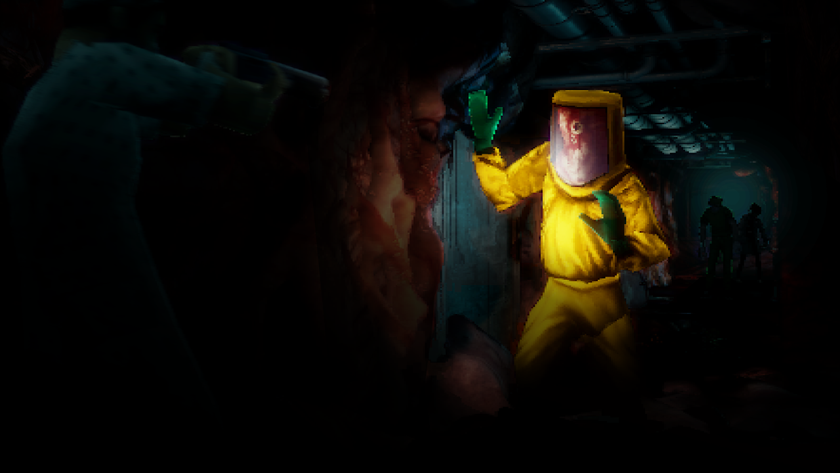
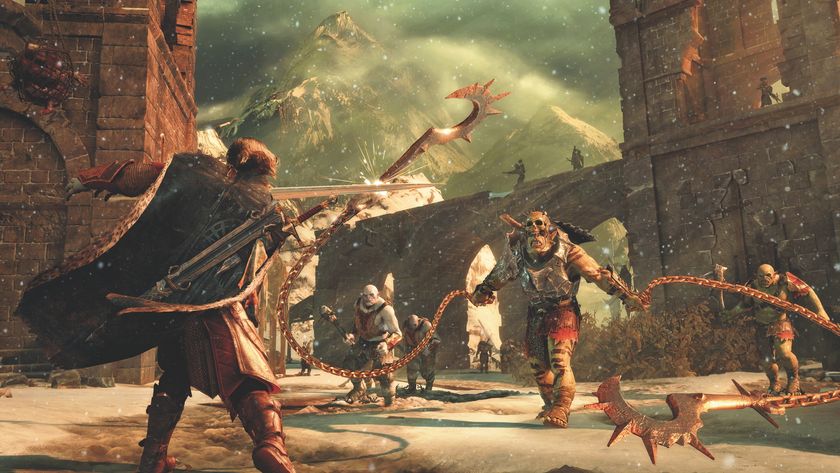
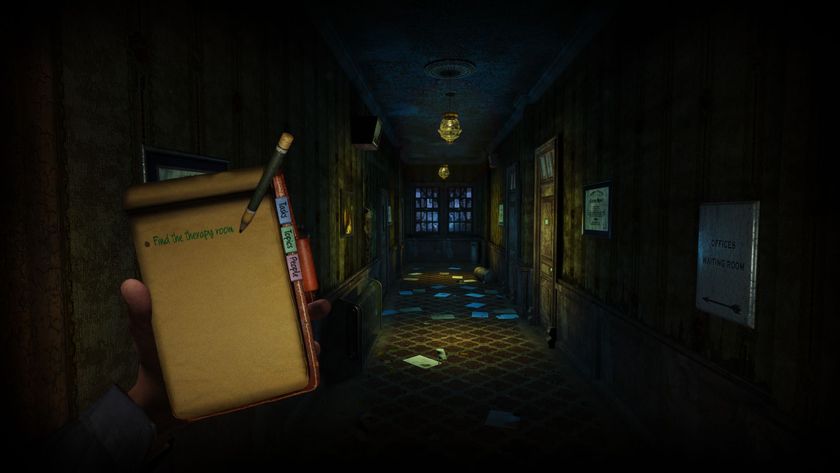
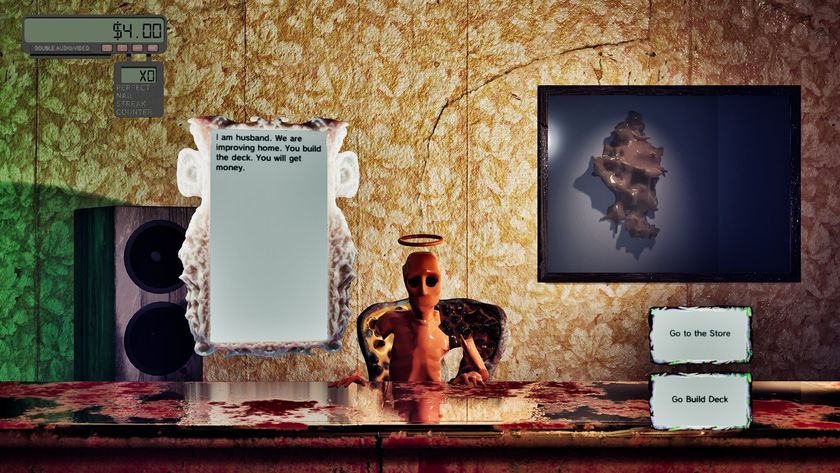
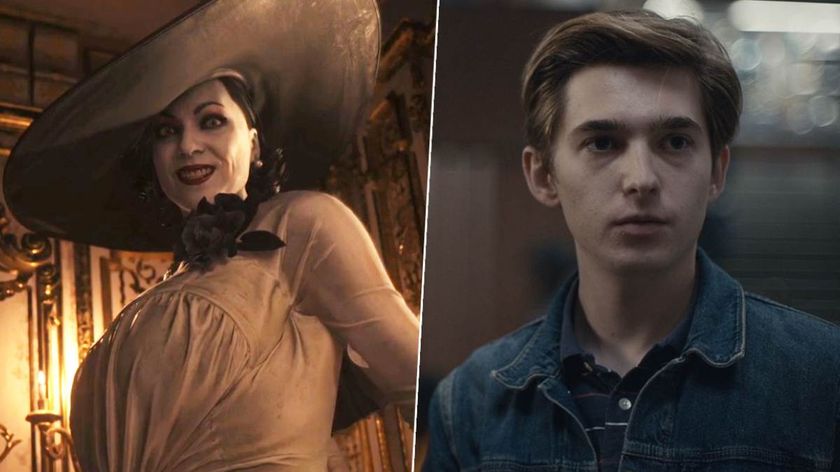
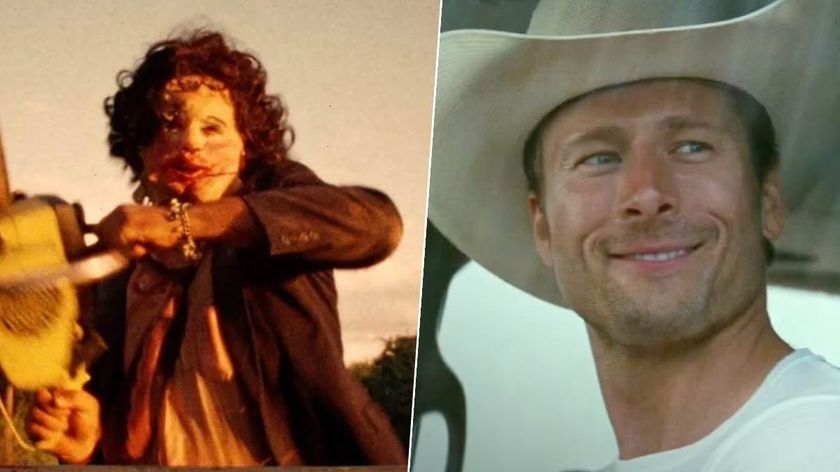

Shadow of Mordor's Nemesis System was only created because WB Games wanted something to combat Batman Arkham Asylum's second-hand sales, exec says

Former Witcher 3 and Dying Light devs reveal their Resident Evil homage, complete with PS1-style fixed cameras

After 15 years and a $120,000 Kickstarter push, this cult horror dev has finally released a successor to their 2006 breakout game
